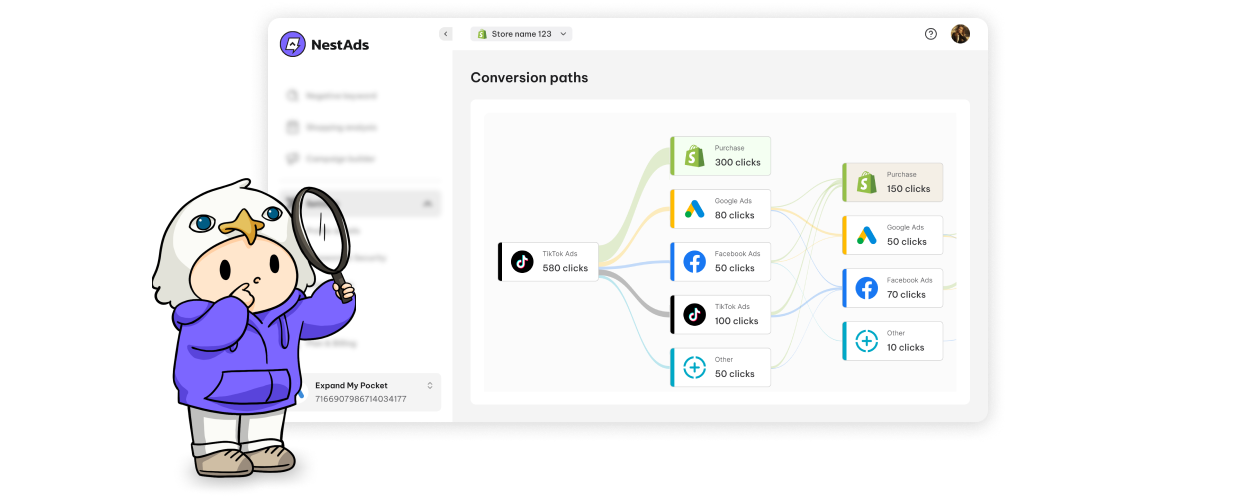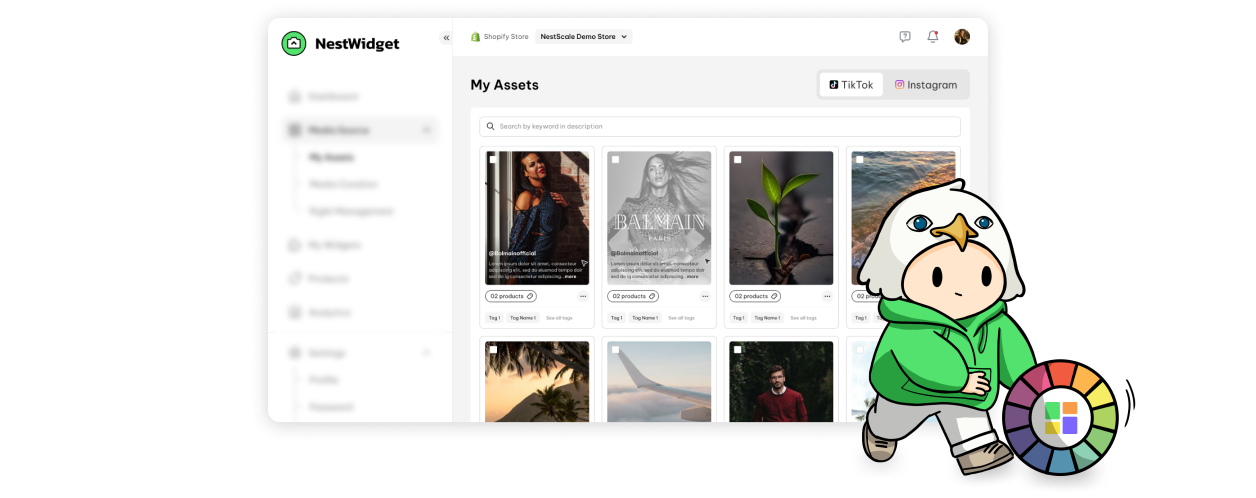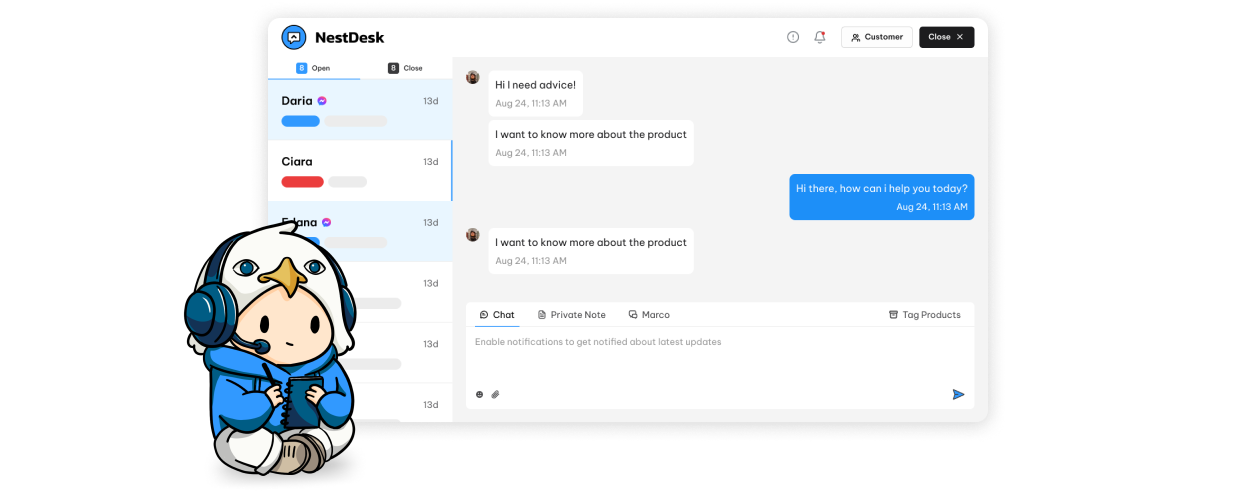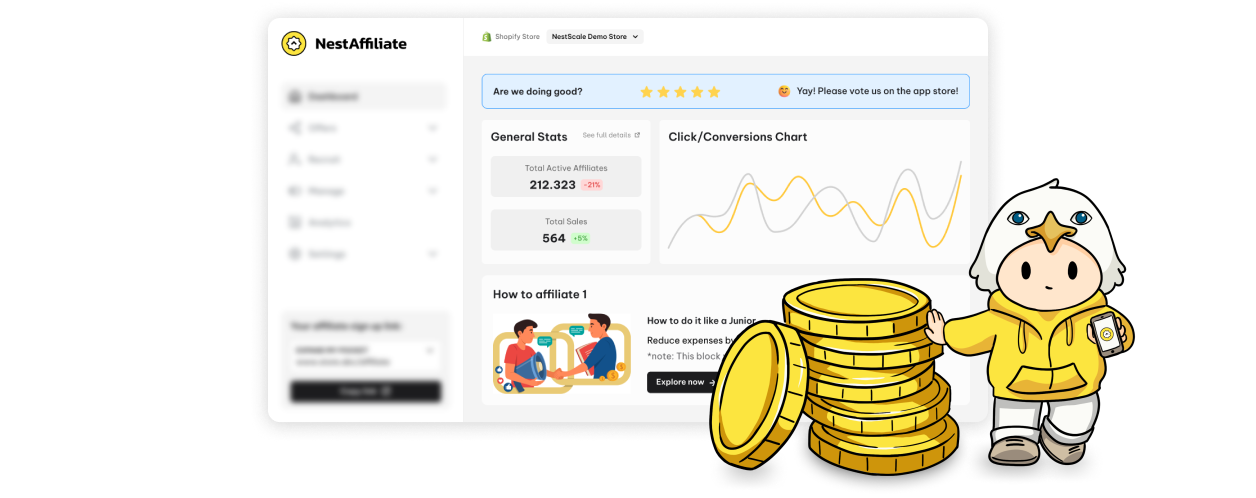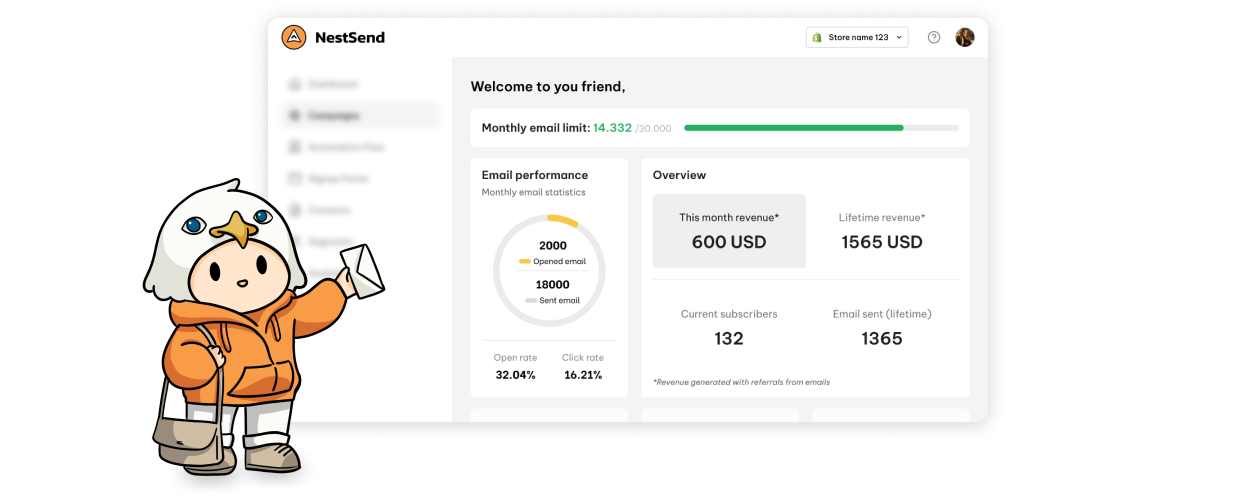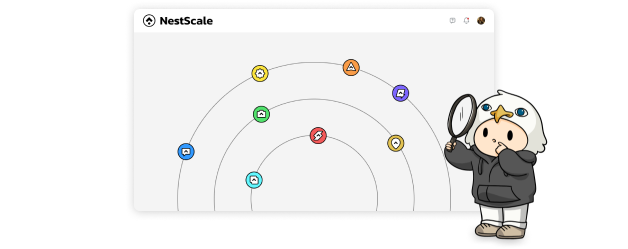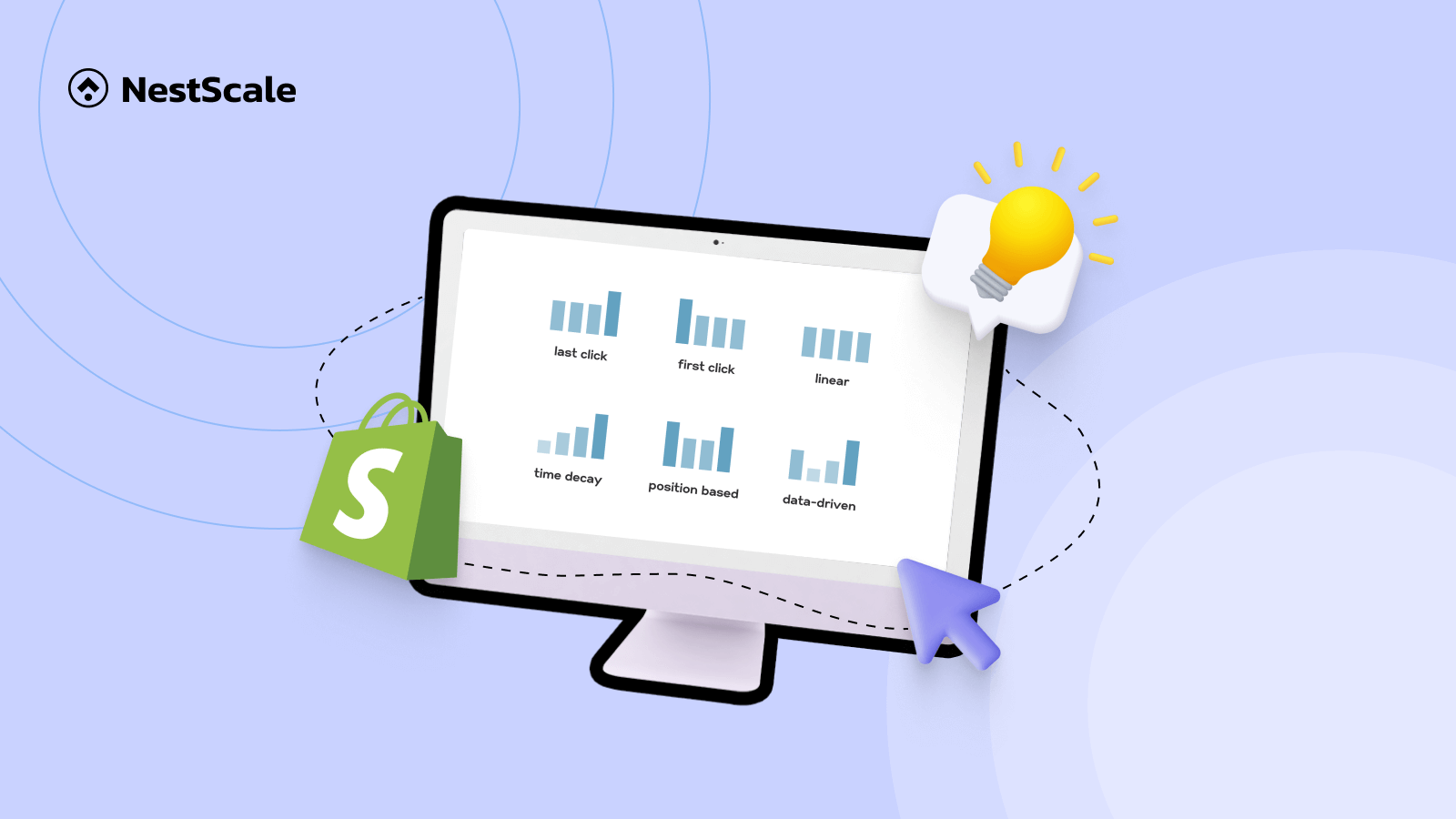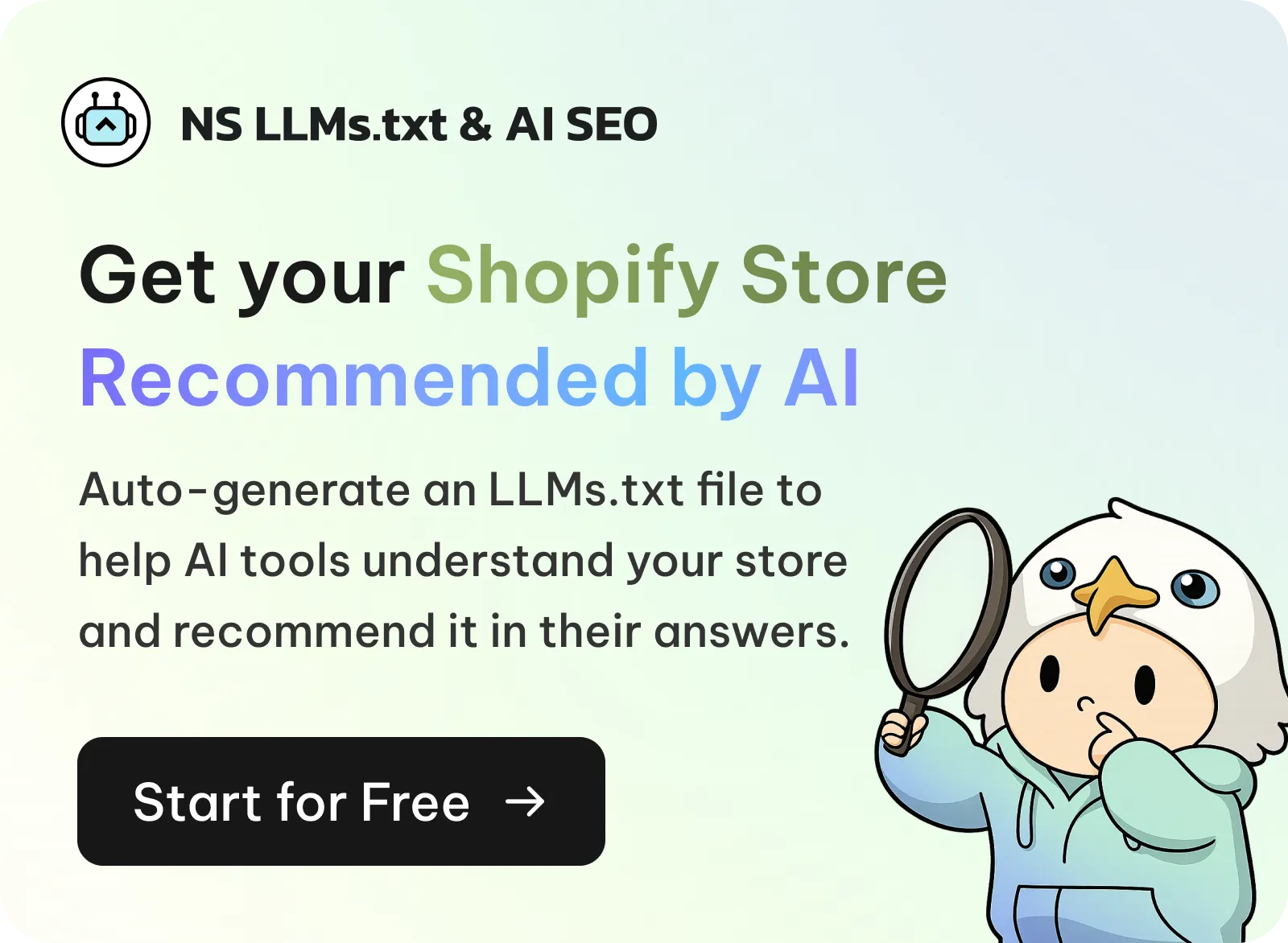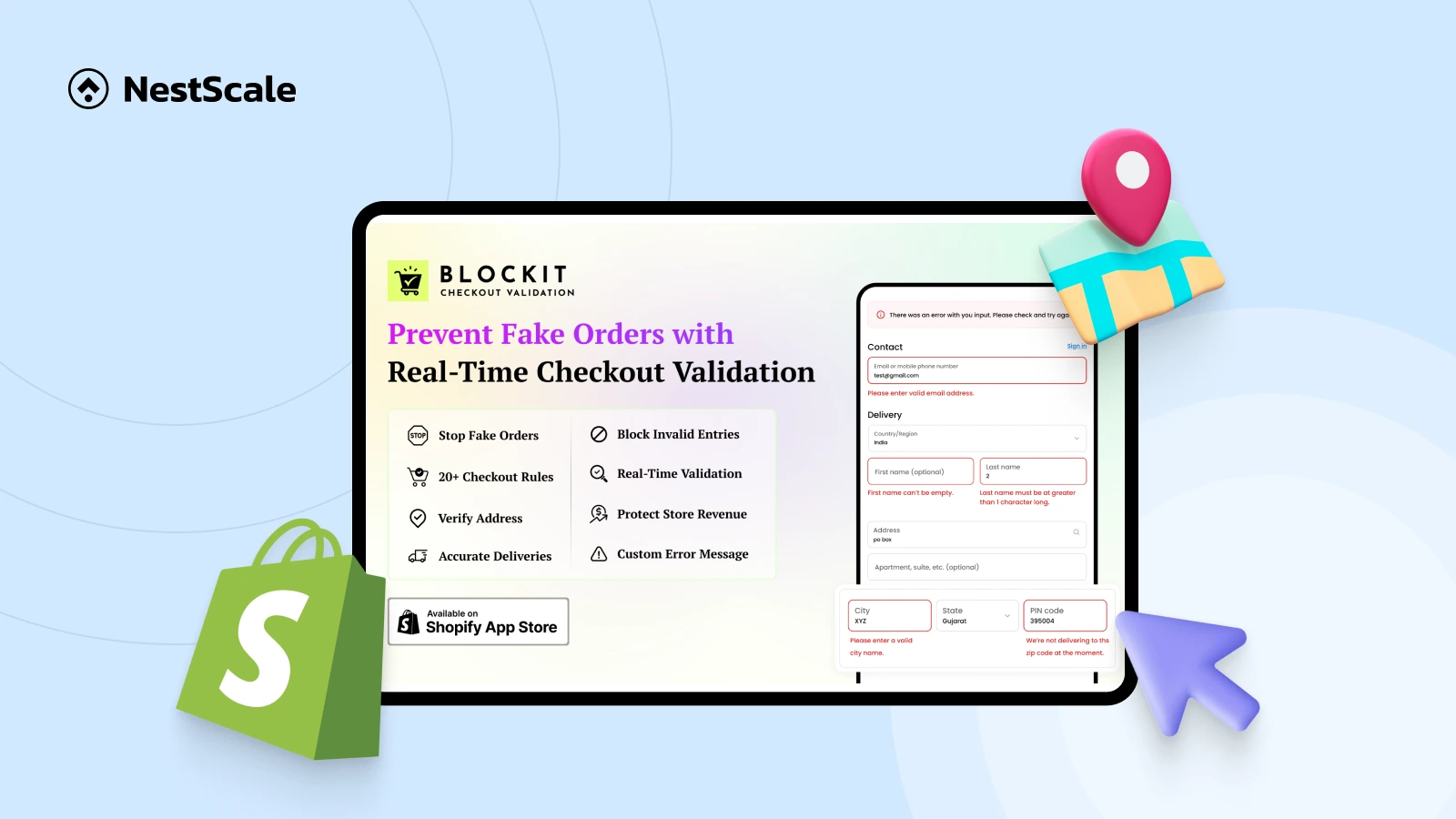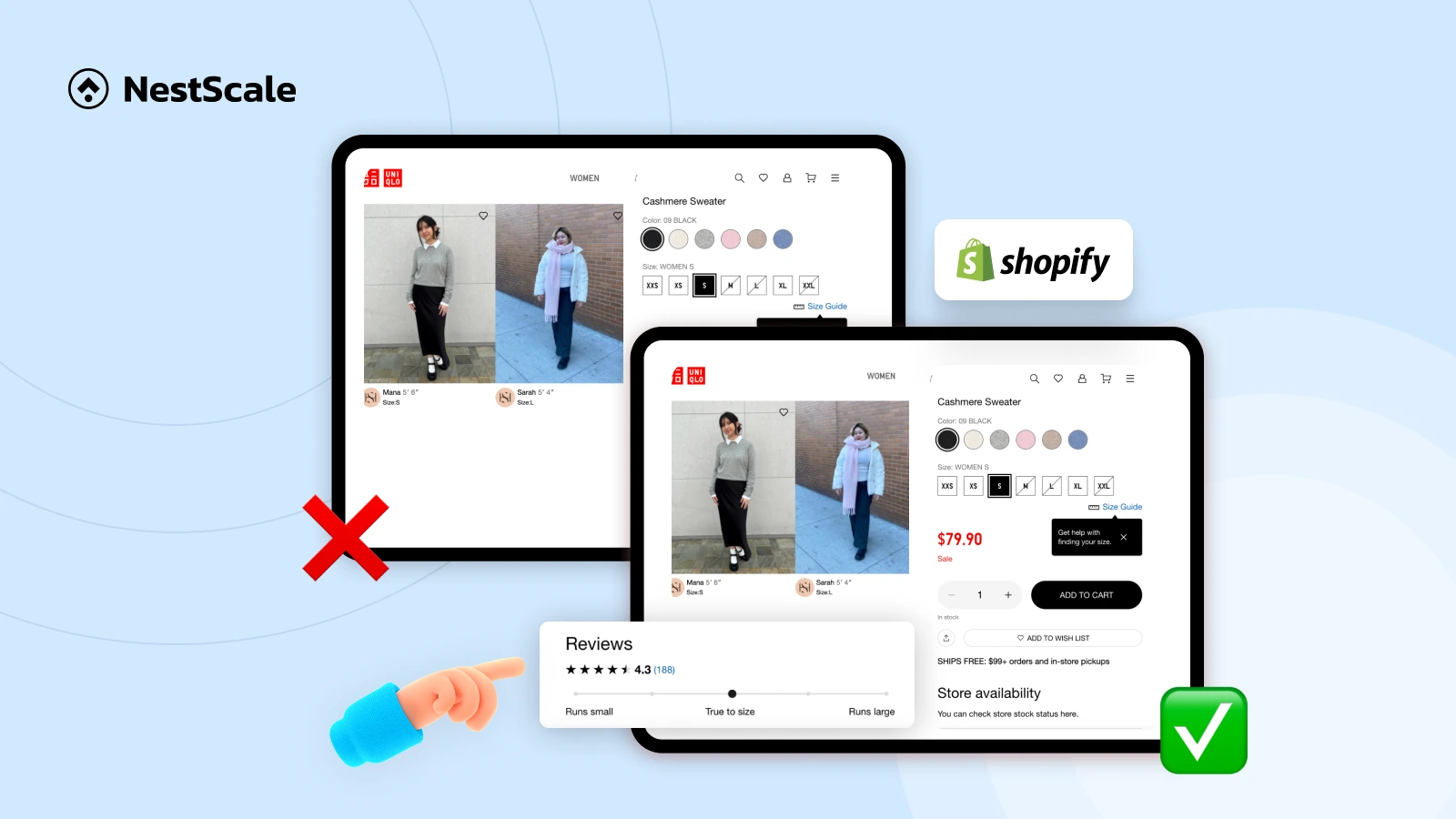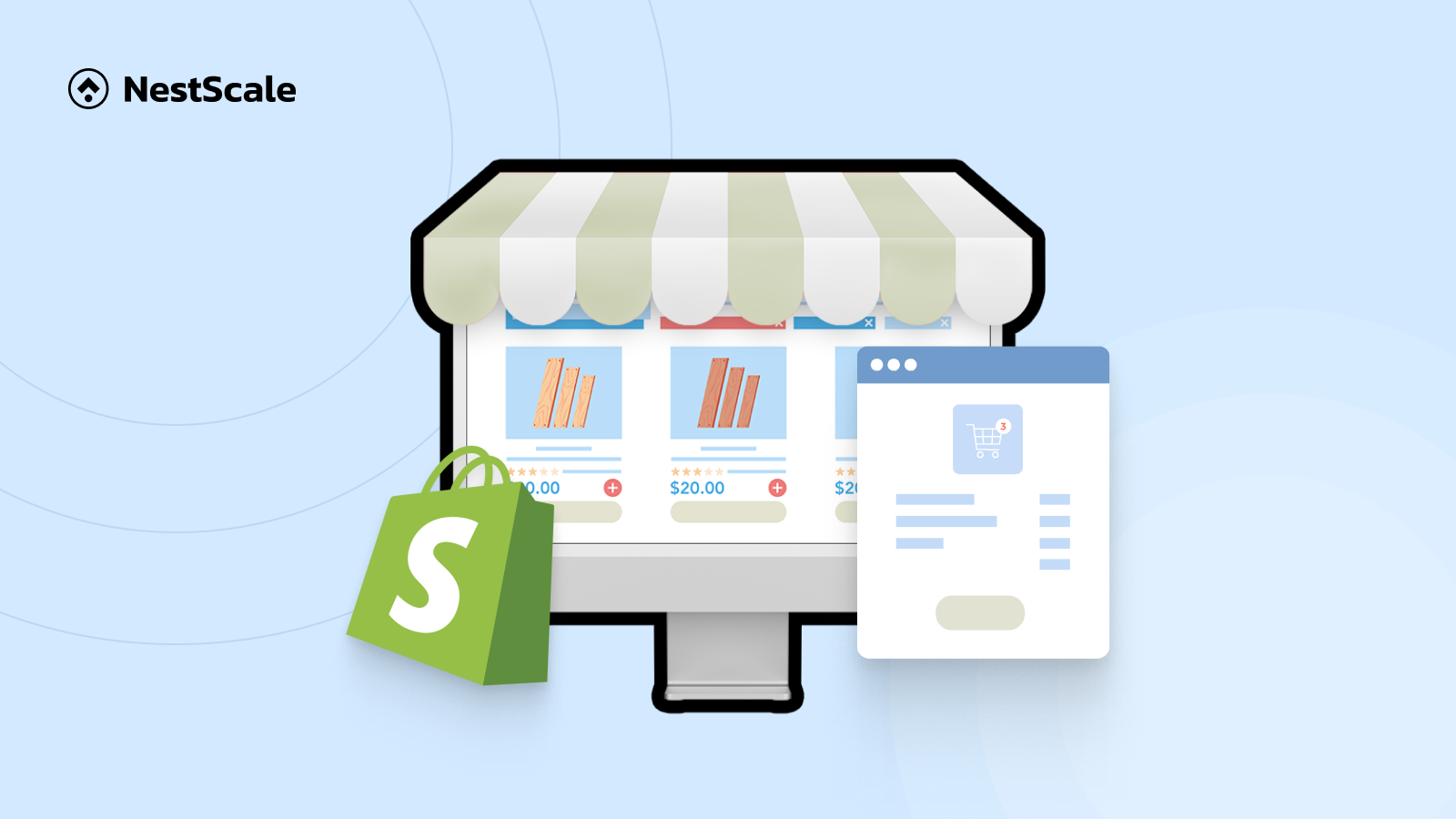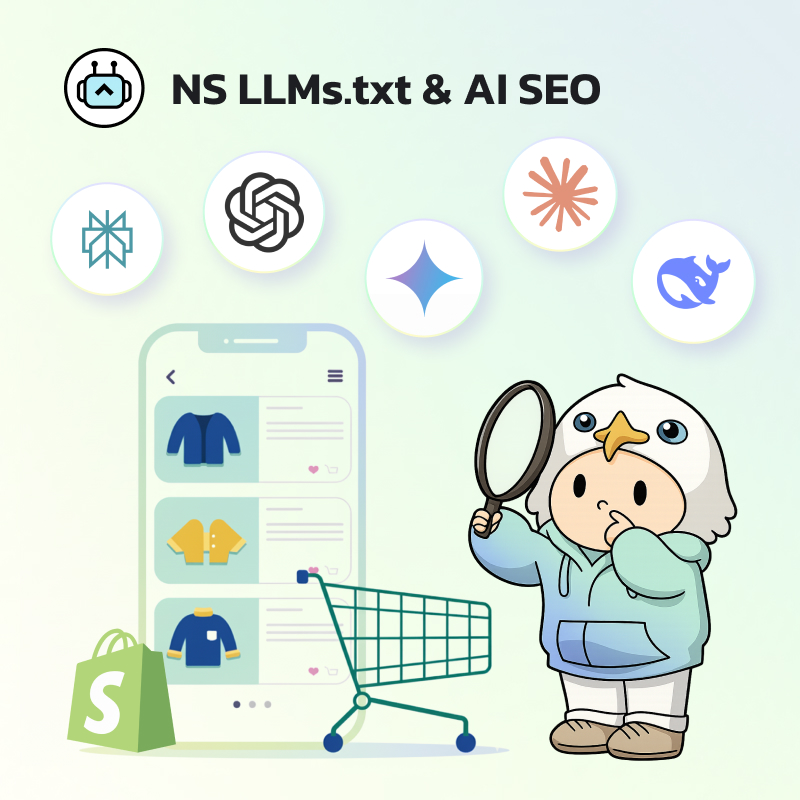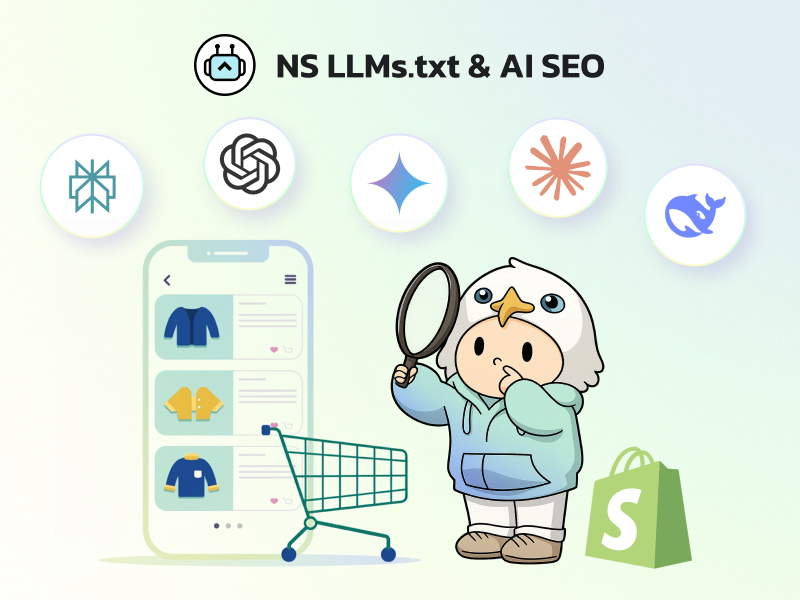In the ever-evolving world of e-commerce, one major challenge for Shopify merchants is accurately tracking marketing efforts. With multi-channel marketing, where customers interact with brands across various platforms before purchasing, it’s tough to determine which strategies drive sales. This is where marketing attribution software helps. It assigns credit to different touchpoints in the customer journey, helping businesses understand how their marketing strategy contributes to conversions.
In this blog, we’ll explore what marketing attribution software is, why it’s essential for Shopify merchants, and take a detailed look at some of the best attribution tools available in 2025.
Understand marketing attribution software & tools
At its core, marketing attribution software is designed to track and analyze the interactions a customer has with your brand before making a purchase. These interactions, or touchpoints, can include anything from clicking on a Facebook ad, opening an email, watching a TikTok video, or even visiting your website after a Google search.
Marketing attribution software assigns value to each touchpoint, showing which channels effectively drive conversions. This understanding is crucial for Shopify merchants looking to optimize spending and maximize profit. Proper attribution lets you invest in the most effective channels and adjust your budget to those yielding the best results. It ensures every marketing dollar is accounted for, helping you make smarter, data-driven decisions.
Checklists to choose the perfect marketing attribution tools
When choosing a marketing attribution tool, consider several factors. Look at visualization, ease of use, and the level of technical knowledge required. To simplify the process while effectively selecting the right tool, we recommend considering the following factors:
- Data integration: Ensure the software integrates seamlessly with the platforms you’re using, such as TikTok, Facebook, and Google. It should centralize data from multiple sources, providing you with a unified, comprehensive view of your marketing performance.
- Attribution models: Look for software that allows flexibility in choosing or customizing attribution models. Comparing different models helps you determine which aligns best with your business goals and provides accurate insights. We recommend finding software that offers both single-touch and multi-touch attribution models for a comprehensive view.
- Cost: Evaluate whether the software is cost-effective for your business size and needs. Assess the balance between pricing and the features offered to ensure you’re getting value for your investment.
Best attribution software & tools for Shopify merchants in 2025
Using the checklist above, we’ve compiled a list of the top 7 attribution software options you should consider in 2025, with a detailed video on our top choice. Let’s dive in and take a closer look:
NestAds
NestAds is an all-in-one ad tracking and marketing attribution tool designed for Shopify merchants. It centralizes data from platforms like TikTok, Facebook, and Google, offering a complete view of your marketing performance. With various attribution models to choose from and an easy-to-use dashboard featuring key profit metrics, NestAds simplifies tracking your marketing efforts, identifying effective strategies, analyzing customer journeys, and optimizing ad spend.
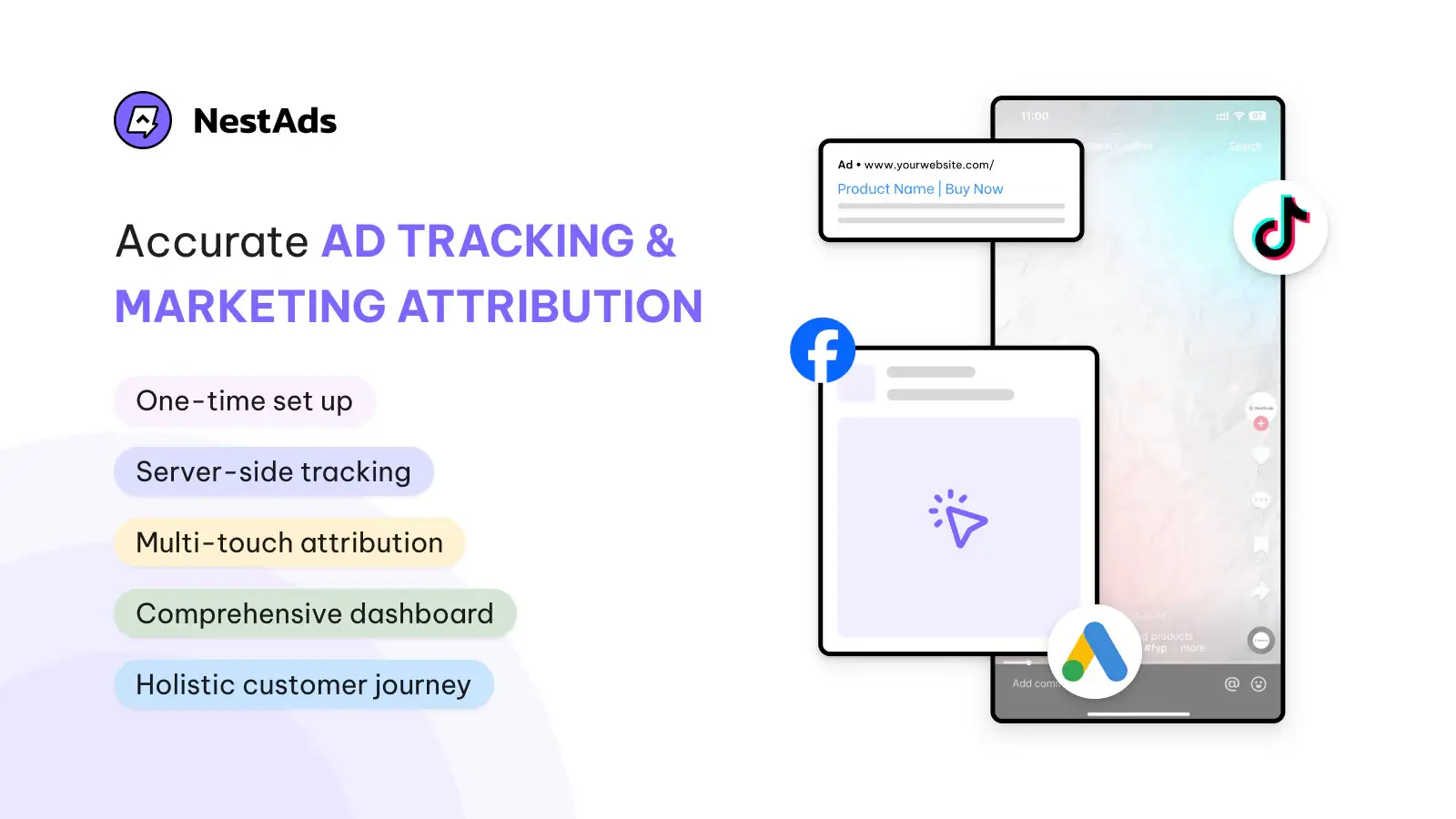
Pricing: $49.99/month. Free plan available.
Key features:
- Data centralization: NestAds offers seamless integration, connecting your store data with platforms like TikTok, Facebook, and Google. This provides a comprehensive view of your marketing strategy’s impact on store performance.
- Comprehensive metrics: Access a range of metrics from basic ad performance, such as ad spend and impressions, to store profit metrics like ROAS, CPA, and conversion rate, giving you clear insights into marketing effectiveness.
- Cross-channel tracking: Visualize the entire customer journey across multiple channels, gaining a holistic and detailed view of your marketing efforts.
- Attribution model flexibility: Choose between single-touch and multi-touch attribution models to compare and identify which channels drive the most value.
- Creative insights: Use creative reports to discover which ad creatives resonate with your audience and deliver the best results.
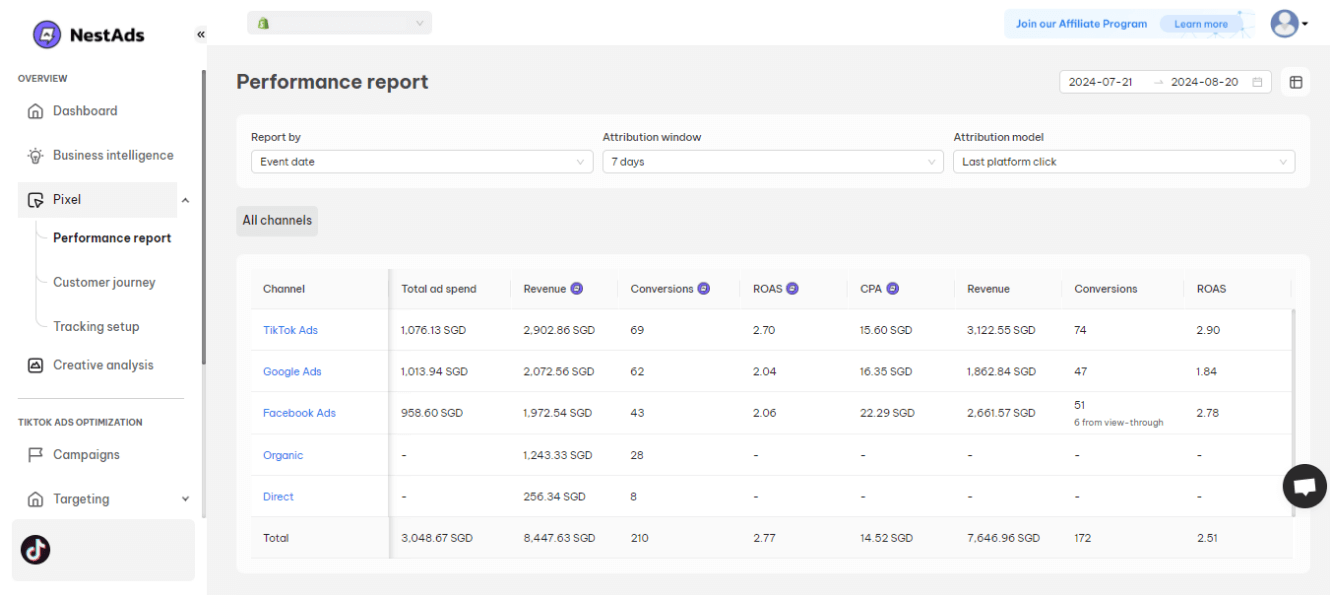
| Pros | Cons |
| – Cost-effective solution with advanced features – Easy integration with Shopify, ideal for merchants with limited technical expertise – Accurate data integration, utilizing 1st-party data- User-friendly interface | – Advanced customization options may require some learning curve for beginners |
Best for:
Medium-sized Shopify merchants looking to optimize and scale their marketing activities with data-driven decisions, especially those running ads on multiple platforms.
Attribuly
Shopify merchants can easily find and try Attribuly on the Shopify App Store. This attribution tool is tailored for Shopify, offering clear and actionable insights into marketing channel performance. By analyzing the customer journey in depth, Attribuly helps you make data-driven decisions to maximize your ROI.

Pricing: Paid plan starts at $79/month. All features are available at $2000/month. Free plan available.
Key features:
- Attribution model flexibility: Understand the impact of each marketing channel on your sales with customizable attribution models. Attribuly offers both single and multi-touch models to provide different perspectives on your strategies.
- Real-time reporting: Access up-to-the-minute data on your ad performance, enabling quick adjustments to your strategy.
- Custom dashboards: Create personalized dashboards to track the metrics that matter most to your business.
- Seamless Shopify integration: Designed specifically for Shopify, Attribuly offers seamless integration for quick setup and ease of use.
| Pros | Cons |
| – Offers real-time data for timely marketing decisions – Utilizes first-party data for more accurate insights – Provides various analytics reports for comprehensive analysis, including cohort analysis, lifetime value, and page views | – The creative analysis feature is still in development – Premium pricing may be a consideration for smaller business – Customer service might not be responsive |
Best for: Shopify merchants who need detailed insights into multi-touch attribution and prefer real-time reporting for agile marketing decisions.
TrueROAS
TrueROAS is designed to give Shopify merchants a true understanding of their ROAS by offering in-depth attribution analysis. This tool helps you identify which channels and campaigns are truly driving profitable growth, ensuring that you can optimize your ad spend for maximum impact.
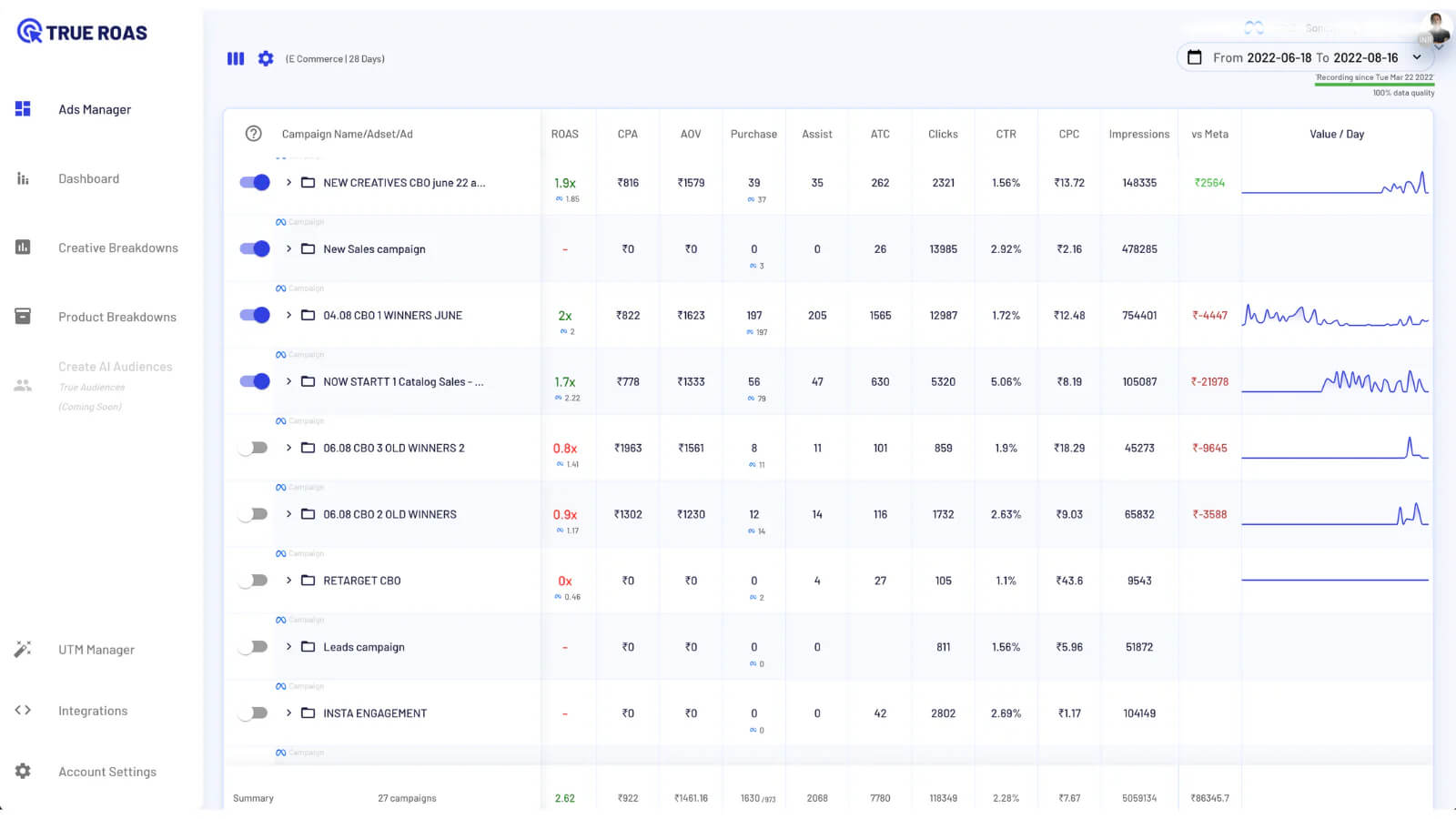
Pricing: Paid plans start at $79 per month, with the highest plan available at $269 per month.
Key features:
- AI ad tracking & attribution: Utilizes its AI system to attribute value to each marketing channel.
- Detailed customer journey: View each customer’s journey to gain deep insights into their behavior.
- Channel performance insights: Understand which channels drive the most value and where to focus your marketing efforts.
- Creative analysis: Explore insights on the performance of different creative types you’re using.
| Pros | Cons |
| – In-depth ROAS analysis for a clear understanding of ad effectiveness – Easy integration with Shopify | – No attribution model options for comparison – The main dashboard may be overwhelmed with too much data- Customer journey visualization can be hard to follow |
Best for: Shopify merchants focused on maximizing their ROAS and who need a deep understanding of their channel performance.
Triple Whale
A really familiar name when talking about marketing attribution tools – we just cannot leave out Triple Whale. This platform offers comprehensive attribution tracking alongside a host of other features designed to help Shopify merchants scale. With Triple Whale, you can track every step of your customers and understand how your marketing efforts are contributing to sales.
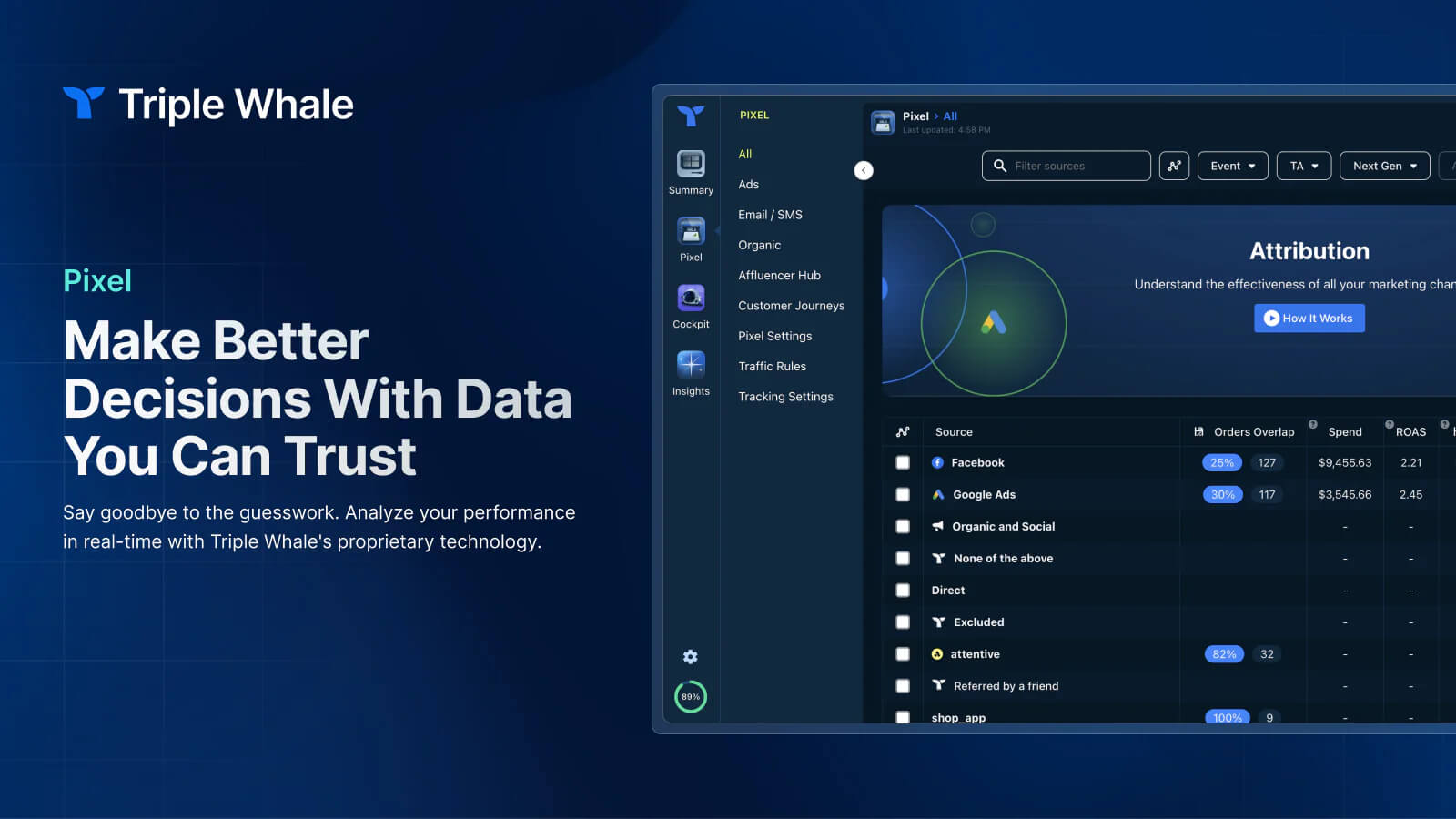
Pricing: Started at $129/month, with the highest plan available at $279/month. Free plan available.
Key features:
- Unified data platform: Centralize all your data, from ads to email campaigns, in one easy-to-use platform.
- Attribution tracking: Gain insights into your customer’s journey with robust attribution tracking tools.
- Customizable dashboards: Tailor your analytics dashboard to focus on the metrics that matter most to your business.
- E-commerce analytics: In addition to attribution, Triple Whale offers deep e-commerce analytics, providing a complete view of your business performance.
| Pros | Cons |
| – Combines attribution tracking with comprehensive e-commerce analytics – Customizable dashboards allow for personalized insights – User-friendly interface designed for Shopify merchants | – Maybe more feature-rich than necessary for businesses solely focused on attribution – Pricing may be a barrier for smaller businesses |
Best for: Shopify merchants looking for an all-in-one analytics platform that includes robust attribution tracking alongside other e-commerce insights.
Polar Analytics
If you’ve had experience in building your own report and customizing different tracking metrics, you can check out Polar Analytics. Polar Analytics is a data-driven marketing tool that helps Shopify merchants consolidate their data from various sources and make informed decisions based on actionable insights. Its powerful attribution features allow you to see which channels are driving the most value, helping you optimize your marketing strategy.

Pricing: Paid plan starts at $300. All features are available at $350/month. Free plan available.
Key features:
- Multi-channel data integration: Polar Analytics integrates with platforms like Google, Meta, and TikTok, providing a unified view of your marketing performance.
- Attribution analysis: Track the effectiveness of your marketing channels with advanced attribution models.
- Customizable KPI reports: Build personalized dashboards tailored to your needs and preferences.
| Pros | Cons |
| – Strong focus on data integration and attribution analysis – Customizable reporting allows for tailored insights – Designed specifically for e-commerce, making it highly relevant for Shopify merchants | – The learning curve may be steep for users unfamiliar with advanced analytics – Pricing might be a barrier for small enterprises |
Best for: Shopify merchants who want a comprehensive analytics platform with a strong focus on data integration and attribution analysis.
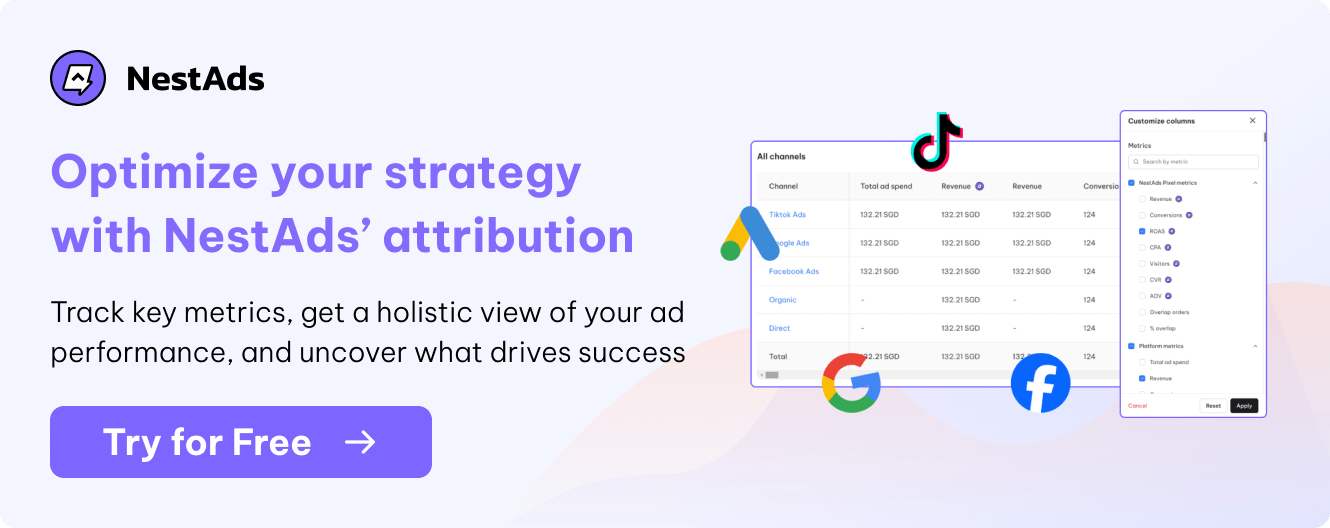
AdMetrics
AdMetrics is a dedicated AI-based marketing attribution tool that helps Shopify merchants understand the true impact of their advertising efforts. By offering detailed insights into customer journeys and channel performance, AdMetrics allows you to optimize your ad spend and drive more sales.
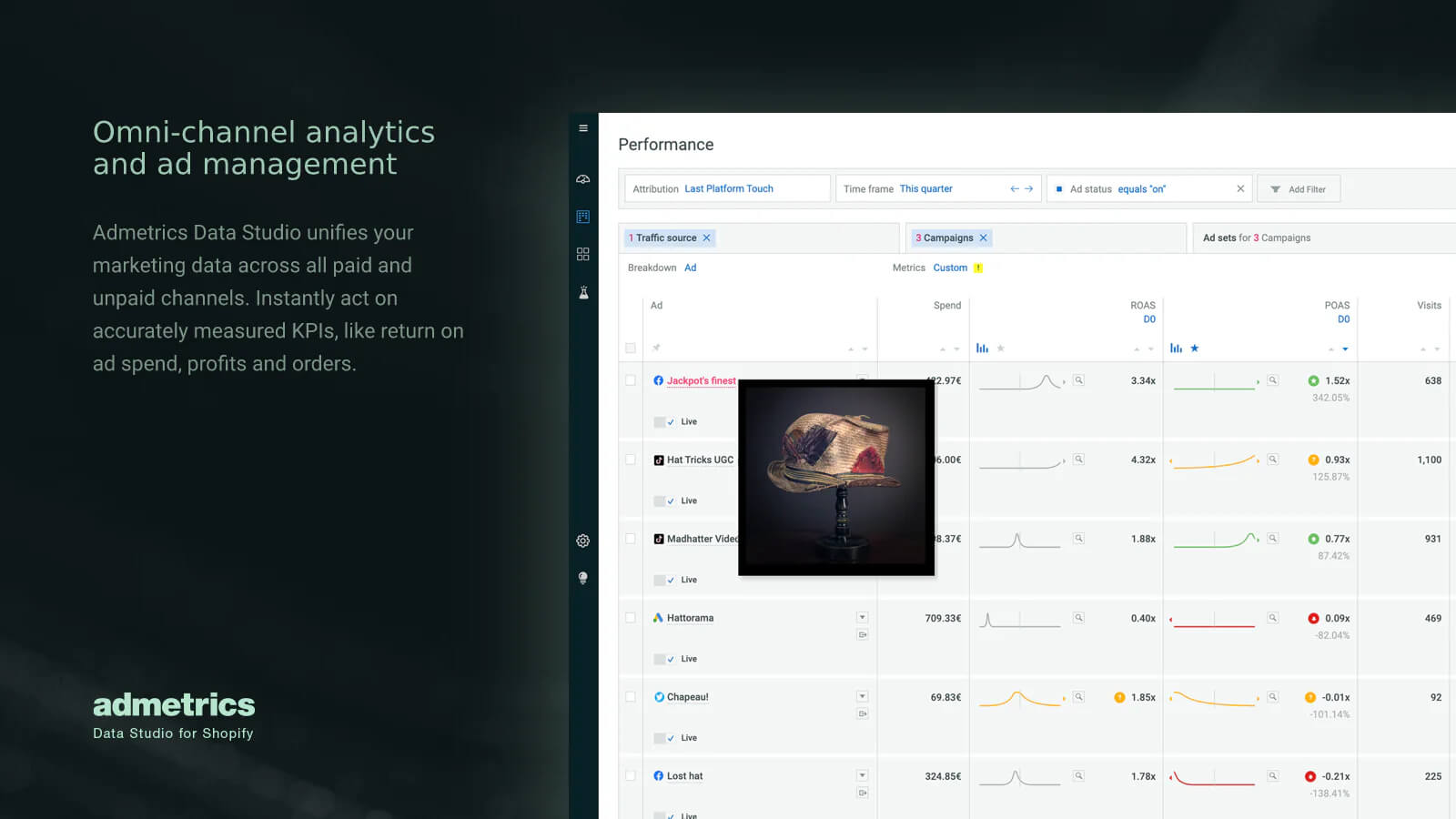
Pricing: Start at $129/month. All features are available at $899/month.
Key features:
- Customer journey mapping: Visualize the entire customer journey from the first touchpoint to conversion.
- Attribution model comparison: Compare attribution models to identify which channels deliver the best ROI.
- Creative reporting: View key metrics like ROAS, conversion rate, and CTR for each creative to find the most profitable ones.
- AI-based predictive audiences: Admetrics uses AI to analyze user behavior and predict purchasing intentions, helping you better understand your customers.
| Pros | Cons |
| – Strong focus on customer journey mapping and attribution model comparison – Real-time data ensures that you’re always working with the latest insights – Easy integration with Shopify | – May require some time to fully understand and utilize all features – Pricing could be a consideration for smaller merchants |
Best for: Shopify merchants who need a dedicated attribution tool with a strong focus on customer journey mapping and real-time data.
Hyros
Lastly, although this app isn’t available on the Shopify App Store, it can greatly enhance your analysis. Hyros is a high-level marketing attribution software that provides you with deep insights into their advertising efforts across multiple channels. With its advanced tracking capabilities, it helps businesses understand the entire customer journey, from the first interaction to the final purchase, ensuring every touchpoint is accurately attributed.
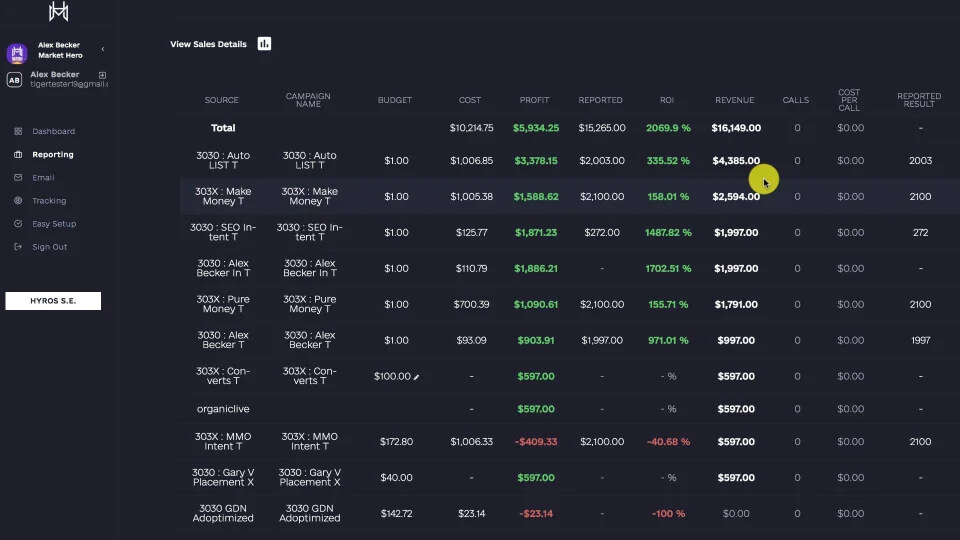
Pricing: Follow a tiered pricing structure that varies based on your monthly tracked revenue.
Key features:
- Call and form tracking: In addition to online tracking, Hyros can track calls and forms, providing a more comprehensive view of the customer journey.
- AI-driven attribution models: Hyros uses AI to continuously optimize attribution models, helping you identify which channels and strategies are most profitable.
- Detailed analytics and reporting: Get granular insights into your ad campaigns with detailed reports that can be customized to focus on the metrics that matter most to your business.
| Pros | Cons |
| – Comprehensive attribution, including offline activities like calls and forms – AI-driven insights help continuously optimize your marketing strategies | – Premium pricing, which may be out of reach for smaller businesses – Complexity of features may require a learning curve for new users – Integration and setup may take longer compared to other tools |
Best for: High-volume Shopify merchants who run complex, multi-channel ad campaigns and need precise, AI-driven insights to optimize their marketing strategies and maximize ROI.
Wrap up
Choosing the right marketing attribution software is crucial for Shopify merchants looking to optimize their marketing strategies and maximize their ROI. Whether you’re a small business just starting or a medium-sized enterprise looking to scale, the tools listed in this blog offer a range of features and benefits tailored to your needs.
By carefully considering your business’s needs and using the checklist provided, you’ll be well-equipped to choose the perfect marketing attribution tool to drive your Shopify store’s success in 2025 and beyond.
FAQs – What you may want to know more
What is attribution error in marketing?
In any attribution model, this kind of bias can lead you to over- or undervalue touch points across channels, again exposing inaccurate data. To combat these biases, and get to the true heart of your campaign results, marketers should do all they can to maintain an objective mindset about ad channels.
What are the challenges with marketing attribution?
– Data integration: Combining data from multiple sources can be complex and time-consuming.
– Attribution model selection: Choosing the right model can be confusing, as different models highlight different aspects of the customer journey.
– Cross-Device tracking: Tracking users across various devices and platforms can lead to incomplete data.
– Changing consumer behavior: Rapid shifts in how consumers interact with brands can make it hard to keep attribution strategies up to date.
– Overemphasis on last touch: Many marketers focus too much on last-click attribution, which can undervalue earlier interactions.
What is the attribution theory of marketing?
Attribution theory in marketing is about understanding what drives a customer to make a purchase. It looks at the different steps and interactions a customer has with a brand (like seeing an ad, reading a review, or browsing a website) and tries to figure out which touchpoints influenced their decision most.
This helps marketers know which channels are working best, so they can spend their time and money more effectively on the ones that drive the most results.





